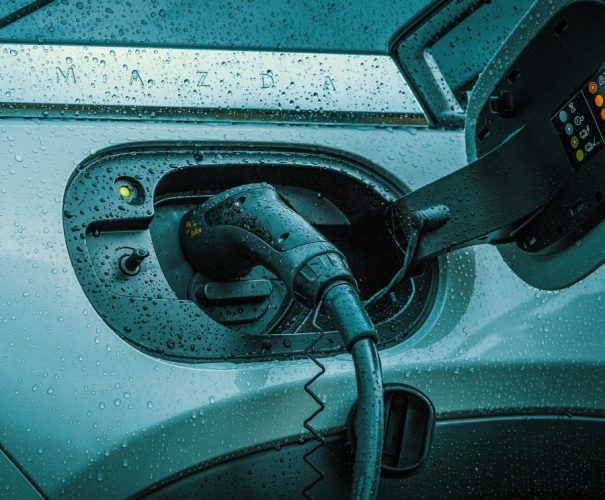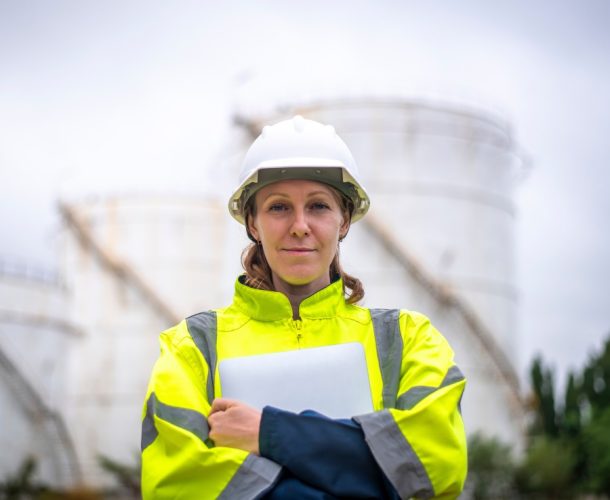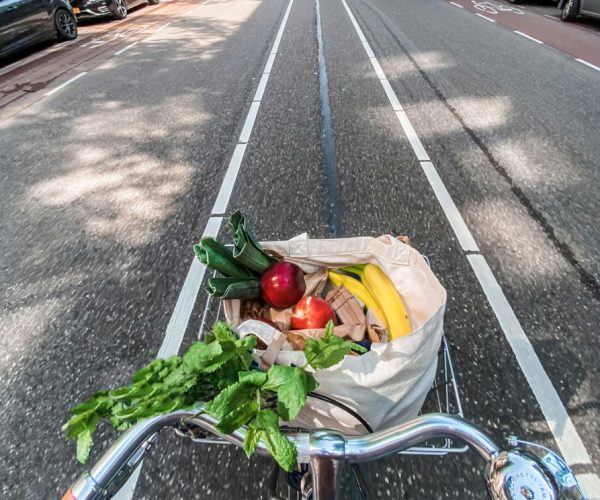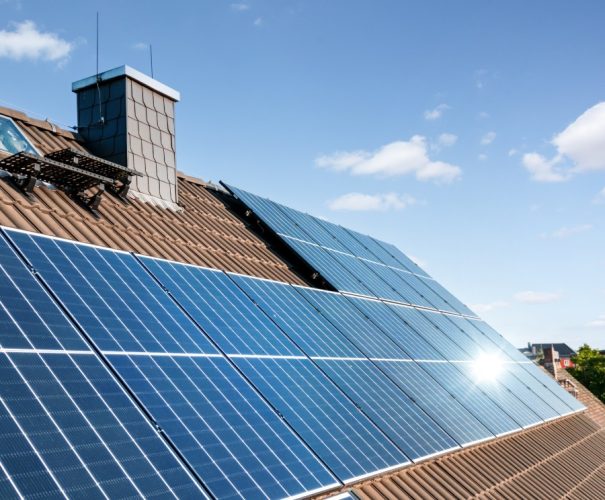FOCUS AREAS
Climate change is a pressing global crisis demanding immediate action and collaborative, multidisciplinary solutions. Therefore, Alinnea prioritizes three key areas of climate action, aligned with regional and global needs
Zooming In...
Grounded on knowledge and demonstrating a commitment to accelerate climate action, Alinnea has created five working groups during this 2025. Through active listening, Alinnea surfaces concerns, interests, and potential losses associated with the transition, while also uncovering pathways for effective and equitable climate action.

Mobility accounts for 20-25% of greenhouse gas (GHG) emissions worldwide. Electrifying transportation is a crucial step toward achieving a net-zero scenario, in line with the commitments of the Paris Climate Change Agreement. To increase electric mobility beyond current levels, significant changes are necessary across various aspects of the industry, including vehicle manufacturing, the establishment of a comprehensive charging infrastructure, the development of the battery industry, and effective recycling practices. A collaborative ecosystem is essential to support innovation, accessibility, and sustainability, as well as to foster dialogue among the diverse stakeholders involved in this sector.

The global industrial sector stands at a crossroads. To remain competitive in the global economy, industries must adopt low-carbon practices, including optimizing energy consumption, transitioning to renewable energy sources, electrifying industrial processes, and embracing circular economy principles. The transition towards a cleaner industrial system will create new green jobs, foster innovation, and enhance the competitiveness of the industrial sector

RESILENT AND CLIMATE-ALIGNED FOOD SYSTEM
Climate change poses a significant threat to global food systems, with far-reaching consequences. Rising temperatures, altered precipitation patterns, and increased frequency of extreme weather events can lead to reduced crop yields, water scarcity, and increased pest and disease outbreaks. Additionally, ocean acidification and disrupted supply chains can further exacerbate the challenges faced by the agricultural sector. By bringing together farmers, producers, distributors, retailers, and policymakers, we foster a shared understanding of the challenges and opportunities presented by climate change and contribute to advance a resilient and climate-aligned food system.

CLIMATE ACTION IN THE BUILT ENVIRONMENT
Buildings are responsible for approximately 9% of global greenhouse gas (GHG) emissions. Retrofitting these structures is essential not only for reducing emissions but also for improving their resilience against climate impacts. Additionally, retrofitting can enhance indoor air quality, increase occupant comfort, and ultimately improve the quality of life for residents, as well as boost property values. To finance building renovations and transition to clean heat and renewable energy, innovative financial solutions are necessary. Both the private and public sectors have specific roles to play in bridging the estimated €150 billion annual investment gap in the EU until 2030

REGIONAL DIALOGUE AND PARTNERSHIPS WITH LATIN AMERICA
The scale of our collective journey toward sustainable development requires global collaboration, and 2025 is a crucial year for relations with Latin America. With COP30 taking place in Brazil, the region’s focus on ambitious climate goals sharing green transition values and aspirations with other regions, including Europe. We are dedicated to enhancing collaboration and knowledge exchange on climate action with our Latin American partners. By fostering dialogue, facilitating strategic investments, and supporting capacity building, Spain can strengthen its political and economic partnership with Latin America and contribute to a sustainable future.